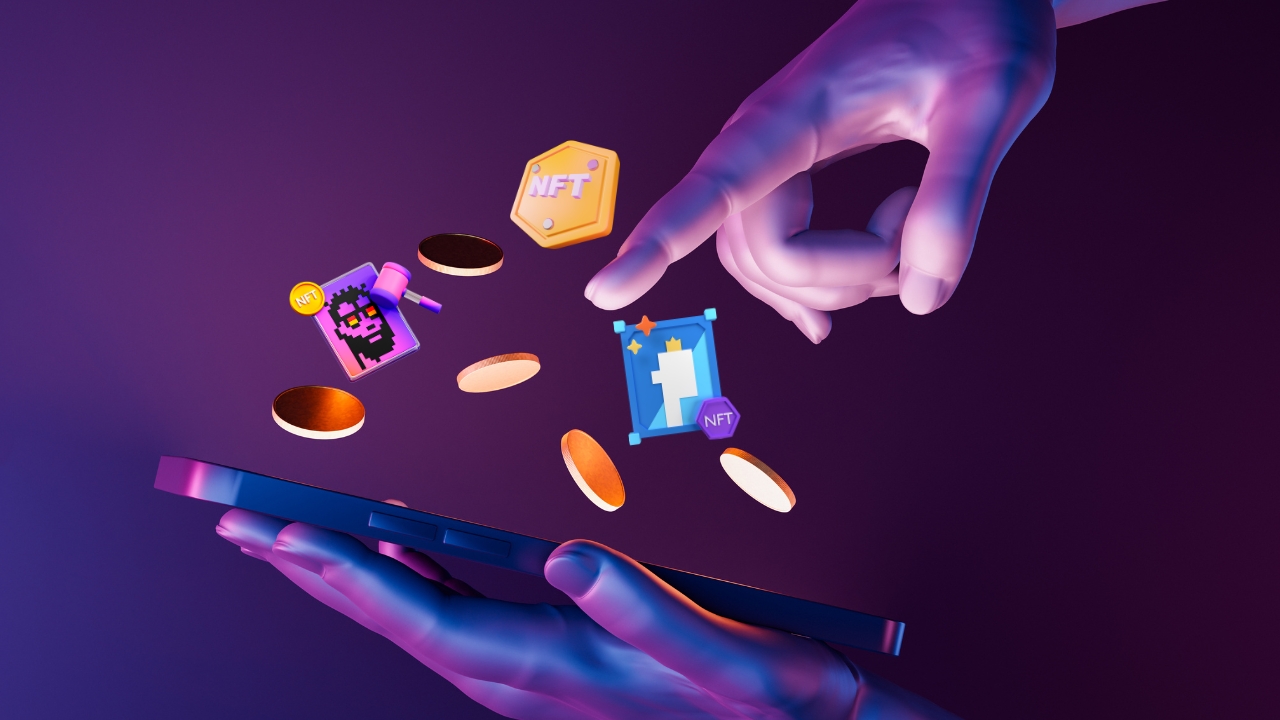
So, you invest in NFTs, but don’t necessarily look into what happens after the purchase?
Totally normal.
In fact, so many of our clients are unsure on how their NFTs are tracked and what happens after the initial purchase.
So, we want to change that…let’s take a look together.
What are NFTs?
The word NFT has been thrown around a lot in the last year.
We have all heard about the insane price action going on with collections such as the Board Ape Yacht Club, who would have thought a bunch of digitalised Apes would cause such a stir?
But here we are, and now we’re looking to understand how NFTs truly do differ from the normal crypto tokens & coins.
An NFT, otherwise known as a Non - fungible token, is a cryptographic asset on a blockchain with unique identification codes and metadata that distinguishes each NFT from the other. In layman's terms, each NFT is different from the next and no two NFTs are truly the same…even if they share the same jpeg. Each NFT has its own unique properties and is a singular one-of-a-kind.
So what is a fungible token then?
The concept surrounding fungible tokens has been around for centuries. Think back to coin-like objects that were traded back in the days of the Roman Empire. Now think about the fiat money we use today. Each Pound coin holds the same intrinsic value as the next and each can be used interchangeably. The same could be said for Bitcoin. Each Bitcoin is the same value as the next Bitcoin and can be used in the same context. Roman coins, Pound coins & Bitcoins are all excellent examples of fungible assets. Fungible assets are divisible and non-unique.

How To Stay On Top Of Your NFTs
So we know what an NFT is but how on earth do we keep a track of them?
This would ultimately depend on two factors.
- What blockchain is your NFT is on? Is your NFT on an easily readable blockchain like Ethereum or other EVM-compatible chains? Or is it on a chain like Solana where the blockchain explorer to view historical information is slightly more technical and difficult to read for the average user?
- Do you buy your NFTs through a provider like VeVe?
VeVe & other similar providers are becoming more popular with exclusive collections such as Marvel, DC & Coca-Cola coming to the market. However, you can't look on a blockchain explorer to track your purchase/sell history….not yet anyway. Instead, you must hope that the facilitator lets you download a CSV file of your complete NFT trading history. To the average user, these CSV files may not be the most comprehensible.
Why It's Important To Stay On Top Of Your NFTs
One word…tax!
Ultimately, it is your responsibility to keep a track of your NFT gains & losses for tax purposes. Ignorance is not an acceptable excuse in the eyes of HMRC and you could end up in serious trouble with fines & penalties if you do not report accurately or even at all.
Whether you collect NFTs as a hobby or trade them to make money you should really be keeping track of your profit and loss for each trade.
The Apps Myna Uses To Track NFTs
The team at Myna have a variety of tools at our disposal that we use to track down and help our clients keep full visibility of their NFT portfolio.
If you are mainly trading NFTs on Ethereum & Polygon then nftbank.ai should serve you well. If you are trading or buying NFTs on blockchains such as Tezos, Cardano or Solana then you may want to use a crypto tax calculator like Koinly.io. I must warn you there may be a manual reconciliation involved as not every NFT trade is supported automatically.
At the very minimum, you should be keeping an excel document with the following.
- Date & time of NFT mint.
- The asset & quantity you have used to mint the NFT and what wallet address you have minted it from
- Any other associated costs involved with minting the NFT such as gas fees.
- The date & time you sold your NFT
- The asset & quantity that you have received in exchange for selling your NFT
- Any costs associated with selling your NFT
Keeping a track of NFTs can be daunting for most. Complexities can further arise if your NFT generates you rewards in another token. That is why it is important you keep clear and concise records that you can share with your accountant.
If you are struggling to keep a track of your NFT collection or just simply can't be bothered why not reach out to one of the experts at Myna who will be more than happy to ease the pain and take the burden off your shoulders? This can then free up your time to do the things you enjoy and love.
Want to find out more about how Myna can support you?
